

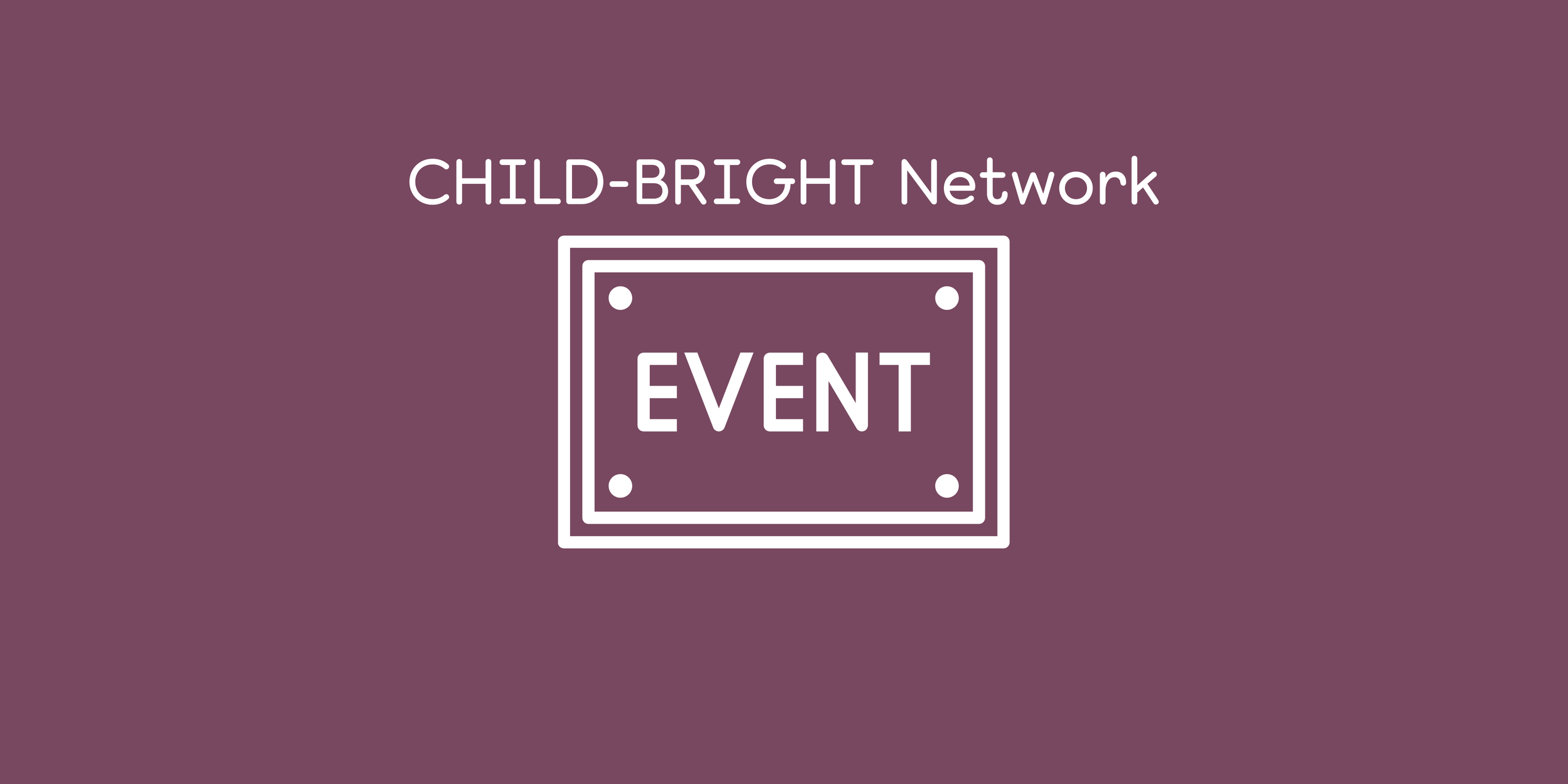
2026 CHILD-BRIGHT Conference
Join us in Toronto on Feb. 2 and 3, 2026 for a unique opportunity to connect with the child disability research community in Canada.
The 2026 CHILD-BRIGHT conference will offer a unique opportunity to:
Celebrate, and learn from, CHILD-BRIGHT's implementation science and knowledge mobilization activities from 2022-2026,
Come together to collectively move brain-based disability research forward,
Get to know the movers and shakers, emerging stars, and trailblazers of our patient-oriented research community,
And more!
Don’t miss out – sign up to be in the know as soon as registration launches:

Planning for sustainability
Since 2022, CHILD-BRIGHT has been focused on moving evidence into action through implementation science, the study how an intervention will interact with “real-world” settings. Our 12 research project teams are working to better understand how evidence generated in Phase 1 of the network can be applied in routine practice to improve quality and effectiveness of health services for children and youth with brain-based developmental disabilities and their families.
In our 2025 webinar series, Implementing Together, CHILD-BRIGHT’s graduate trainees, postdoctoral fellows, and early career researchers will serve as guides to the implementation science projects and tools that are being used across the network.
Join us as we learn together about how implementation science can be used to support real-world impact as we work to create brighter futures for children and youth with brain-based developmental disabilities and their families.
Thinking about the future of your research project? This session can help! Join us on Wednesday, July 9 from 3 p.m. to 4 p.m. ET / 12 p.m. to 1 p.m. PT for an introduction to sustainability planning for research and using a tool called the Program Sustainability Assessment Tool (PSAT), that can be used to help you plan for the future of your project.
We’ll also be sharing updated results about how the overall CHILD-BRIGHT Network is using the PSAT to help plan for the future of the Network.
SPEAKERS
Zeenat Ladak
CHILD-BRIGHT Graduate Fellow
Jessica Silver
CHILD-BRIGHT partner with lived and living experience

Beyond Education & Training: Identifying and applying implementation strategies
This event has passed. Watch the recording below:
Since 2022, CHILD-BRIGHT has been focused on moving evidence into action through implementation science, the study how an intervention will interact with “real-world” settings. Our 12 research project teams are working to better understand how evidence generated in Phase 1 of the network can be applied in routine practice to improve quality and effectiveness of health services for children and youth with brain-based developmental disabilities and their families.
In our 2025 webinar series, Implementing Together, CHILD-BRIGHT’s graduate trainees, postdoctoral fellows, and early career researchers will serve as guides to the implementation science projects and tools that are being used across the network.
Join us as we learn together about how implementation science can be used to support real-world impact as we work to create brighter futures for children and youth with brain-based developmental disabilities and their families.
Implementation strategies are the specific methods or actions used to get people to use evidence-based programs in real-world settings. This session will explain what are implementation strategies and introduce you to a list of (many!) potential strategies that can help you think about ways to implement your research program beyond just education and training.
SPEAKER
Alicia Hilderley
Department of Pediatrics, University of Calgary

Supporting parents of high-risk infants from hospital to home: The CCENT study
This event has passed. Watch the recording below:
Parents of medically complex infants in the NICU experience elevated stress, anxiety, and depression, particularly during the transition from hospital to home. Although health care is often well-coordinated, psychosocial support for families remains insufficient. Join us on May 27 to hear from the Coached, Coordinated, Enhanced Neonatal Transition (CCENT), a study that evaluated a nurse navigator (NN)-led intervention to support parents during this transition.
Participants will:
Gain insight into the emotional and psychological challenges faced by parents of medically complex infants during the NICU-to-home transition.
Learn how integrated care models, particularly the CCENT approach, address both medical and psychosocial needs of families, supporting mental health outcomes for parents and high-risk infants.
Explore strategies for enhancing parental support during the NICU-to-home transition by incorporating a navigator role.
SPEAKERS
Kayla Esser is a clinical research manager at SickKids Hospital in Toronto. Her research aims to improve care for children with medical complexity and their caregivers.
Natasha Bruno is a PhD student in Health Systems Research at the University of Toronto and a Research Manager in the Orkin Lab at SickKids Research Institute. She is passionate about optimizing health services for children with medical complexity and their families.
Angie Lim is a Clinical Nurse Specialist in Professional Practice, a Research Associate, and a Post-doctoral Fellow in Child Health and Evaluative Sciences at SickKids. With almost 20 years of nursing experience, Angie is dedicated to collaboration within complex healthcare environments to advance care.
Fabiana Bacchini is the Executive Director of the Canadian Premature Babies Foundation (CPBF) and a passionate advocate for preemies and their families. Fabiana champions parental involvement in NICU care and research through the Family Integrated Care (FICare) model.

Building Bridges: Making Science Accessible for All Through Collaboration
“Building Bridges: Bridging Science and Patients" is an event series that will connect emerging researchers and the patient partner communities in the neuromuscular fields. The event’s mission is to foster meaningful collaboration between patient partners and researchers to ensure that scientific communication is accessible, empowering, and inclusive.

UBC: Bridging Research and Action
Building on the calls to action established through UBC Health-hosted dialogue events (2021-2024), Bridging Research and Action will connect partners from across BC’s health system to explore how research insights can be translated through dialogue into actionable strategies to improve health across the province. This event will bring together diverse perspectives and sectors to catalyze the integration of research and innovation into practice and develop shared aims for implementation.

"Barriers and Facilitators": Why does CHILD-BRIGHT keep talking about them?
This event has passed. Watch the recording below:
Since 2022, CHILD-BRIGHT has been focused on moving evidence into action through implementation science, the study how an intervention will interact with “real-world” settings. Our 12 research project teams are working to better understand how evidence generated in Phase 1 of the network can be applied in routine practice to improve quality and effectiveness of health services for children and youth with brain-based developmental disabilities and their families.
In our 2025 webinar series, Implementing Together, CHILD-BRIGHT’s graduate trainees, postdoctoral fellows, and early career researchers will serve as guides to the implementation science projects and tools that are being used across the network.
Join us as we learn together about how implementation science can be used to support real-world impact as we work to create brighter futures for children and youth with brain-based developmental disabilities and their families.
Why does the CHILD-BRIGHT Network keep talking about “barriers and facilitators”? On May 14 at 10:30 a.m. PT/1:30 p.m. ET, we’ll explain what are barriers and facilitators in implementation science, why they matter, and how to identify them. We’ll also introduce the Consolidated Framework for Implementation Research 2.0 (CFIR 2.0), a common implementation framework being used by several CHILD-BRIGHT projects.
SPEAKERS
Catherine Demers
Azrieli CHILD-BRIGHT Postdoctoral Fellow
Assistant professor, Université du Québec à Trois-Rivières
Carrie Costello
CHILD-BRIGHT Parent Liaison

10th Annual Conference on Patient-Oriented Research
Programming for the 2025 Northwest Collaborative Forum highlights 10 years of collaboration, patient-oriented research, and impact, through innovative sessions, workshops, lightning talks, and more, including:
The Palix Foundation’s Resilience Scale Masterclass – a half-day workshop on the Brain Story and Resilience Scale Framework available to everyone, even if you are not attending the conference.
A Keynote address on May 13 by Tim Caulfield, Tackling Information Chaos: Why Trust, Science, and Patients Matter.
plus the Keynote, Patient Engagement Research Excellence in Alberta
and much, much more.

KBHN: A perfect pairing: engagement science and implementation science
Engagement science and implementation science share common goals—bridging research and practice to create meaningful change. But how do they intersect, and how can we leverage their synergy for greater impact?
Join an expert panel as it explores engagement strategies in implementation initiatives and discuss ways to advance engagement efforts in implementation research and practice.

A (re)introduction to Implementation Science
This event has passed. Watch the recording:
Since 2022, CHILD-BRIGHT has been focused on moving evidence into action through implementation science, the study how an intervention will interact with “real-world” settings. Our 12 research project teams are working to better understand how evidence generated in Phase 1 of the network can be applied in routine practice to improve quality and effectiveness of health services for children and youth with brain-based developmental disabilities and their families.
In our 2025 webinar series, Implementing Together, CHILD-BRIGHT’s graduate trainees, postdoctoral fellows, and early career researchers will serve as guides to the implementation science projects and tools that are being used across the network.
Join us as we learn together about how implementation science can be used to support real-world impact as we work to create brighter futures for children and youth with brain-based developmental disabilities and their families.
On April 16, join us for a (re)introduction to implementation science — what it is, why it matters, and what we are learning about this burgeoning field. We’ll explore how implementation science helps bridge the gap between evidence and practice, and share some early findings about how implementation science theories, models, and frameworks are being used across the CHILD-BRIGHT Network to improve outcomes for children and youth with brain-based developmental disabilities and their families.
SPEAKERS
Celia Laur
CHILD-BRIGHT Training & Capacity Building Program Co-Lead
Scientific Lead, Office of Spread and Scale
Women’s College Hospital Institute for Health System Solutions and Virtual Care (WIHV)
Assistant Professor (Status), Institute for Health Policy, Management, and Evaluation; University of Toronto
Simonne Collins
Postdoctoral fellow, STIC Lab
IWK Health, Halifax, Nova Scotia

What’s the Story? Part 3: How to talk to the media about patient-oriented research
This event has passed. Watch the recording below:
Patient-oriented research (POR) is an approach that involves partners with lived and living experience (PWLEs) at each step of a research study or project. To do POR successfully, it’s important to communicate in a way that is understandable and accessible to all research partners, no matter their perspectives, experiences, expertise, or background. Patient-oriented researchers also are interested in putting research into action by sharing research findings outside of ‘traditional’ academic publications and venues.
To do any of these things, you need to be able to write accessibly. If you’re looking to improve your ability to communicate with a range of audiences and increase your impact as a public scholar, please join us for What’s the Story?, a three-part introduction to POR communications!
Part 3: How to talk to the media about patient-oriented research will focus on essential skills for sharing your patient-oriented research with the media. Join us for a panel discussion to hear from experts on how to effectively communicate scientific stories to a lay audience and increase your presence as a public scholar.
You will learn:
What journalists are looking for in a scientific story
How to place a story in a major outlet
How to communicate effectively with non-specialists
And more!
SPEAKERS
MODERATOR

What’s the Story? Part 2: How to use social media to do public scholarship
This event has passed. If you missed it, you can watch the recording below:
Patient-oriented research (POR) is an approach that involves partners with lived and living experience (PWLEs) at each step of a research study or project. To do POR successfully, it’s important to communicate in a way that is understandable and accessible to all research partners, no matter their perspectives, experiences, expertise, or background. Patient-oriented researchers also are interested in putting research into action by sharing research findings outside of ‘traditional’ academic publications and venues.
To do any of these things, you need to be able to write accessibly. If you’re looking to improve your ability to communicate with a range of audiences and increase your impact as a public scholar, please join us for What’s the Story?, a three-part introduction to POR communications!
Part 2: How to use social media to do public scholarship will focus on using social media to increase the reach and impact of patient-oriented research. Hear from CHILD-BRIGHT members about how they’ve leveraged social media platforms to reach potential research participants, engage the public, create community, disseminate findings, and more.
You will learn:
The latest social media trends in health care research
How to craft effective messaging for impact
How to keep a public engaged
How to grow your audience over time
And more!
SPEAKERS
MODERATOR

Parent Voices and Evidence-Based Neonatal Care: Where we’ve been and where we need to go
This event has passed. If you missed it, you can watch the recording below:
Join neonatologist Annie Janvier, parent research partner Rebecca Pearce, and co-principal investigator Thuy Mai Luu for an eye-opening webinar highlighting the contrast between preterm birth outcomes that are traditionally measured in neonatology and those that really matter to parents.
The speakers will:
Explore why and when preterm birth outcomes are measured
Examine the limitations of traditional outcome measures
Present the outcomes that are important to families
Explain how outcome measures could be optimized to better reflect the family experience
SPEAKERS
Annie Janvier is a professor of pediatrics and clinical ethics at Université de Montréal. She is also a neonatologist and clinical ethicist at CHU Sainte-Justine. Her main research interests in bioethics are patient/family/parental perspectives on health outcomes, decision-making for fragile patients, and family-integrated care in pediatrics. Patients and parents are collaborators in the majority of her clinical, research, and teaching projects.
Rebecca Pearce is a high school vice-principal who lives in Montreal. She is the mother of a surviving twin who was born at 25 weeks, 5 days gestational age in 2009. Over the years, Rebecca has been a co-author on a number of papers discussing parental views of prematurity and has become an advocate for improving outcomes of prematurity by including parent voices and perspectives in research. She is also the chair of the Canadian Premature Babies Foundation Family Advisory Committee.
Thuy Mai Luu is a pediatrician and the medical director of CHU Sainte-Justine’s Neonatal Follow-Up Program in Montreal. She is also the director of the Canadian Neonatal Follow-Up Network, a research network including the 26 neonatal follow-up programs across Canada. She is currently a senior clinical research scholar from the Quebec Health Research Funds. Her research focuses on long-term neurodevelopmental and physical health outcomes following preterm birth, from infancy to adulthood.

What’s the Story? Part 1: How to make your writing more accessible
This event has passed. If you missed it, you can watch the recording below:
Patient-oriented research (POR) is an approach that involves partners with lived and living experience (PWLEs) at each step of a research study or project. To do POR successfully, it’s important to communicate in a way that is understandable and accessible to all research partners, no matter their perspectives, experiences, expertise, or background. Patient-oriented researchers also are interested in putting research into action by sharing research findings outside of ‘traditional’ academic publications and venues.
To do any of these things, you need to be able to write accessibly. If you’re looking to improve your ability to communicate with a range of audiences and increase your impact as a public scholar, please join us for What’s the Story?, a three-part introduction to POR communications!
Part 1: How to make your writing more accessible is a workshop on how to write about health care research for a range of audiences, including partners with lived and living experience of a disability.
You will learn:
What accessible writing is and why it’s important
How to identify (and write for) your audience
Recognizing and rephrasing commonly used jargon
Tips for quickly making your writing easier to read
Basic accessibility considerations: writing alt-text, image descriptions, and use of text in graphics
SPEAKERS

Working with each other and our communities: Co-creating meaningful relationships in research projects
This event has passed. Watch the recording below:
Join 2022 Training Innovation Fund awardees Rosslynn Zulla (University of Calgary) and Andrea MacLeod (University of Alberta) on January 20 from 2 p.m.-3 p.m. ET / 12 p.m.-1 p.m. MT for an interactive webinar on building meaningful research partnerships with immigrant and refugee families who have neurodivergent children, as well as with the organizations that support them.
This CHILD-BRIGHT event aims to provide practical tools and key information to researchers hoping to forge relationships with these communities, whose members often face multiple barriers preventing their participation in research projects. Rosslyn and Andrea will discuss case studies and present a guide specially developed to support researchers wishing to improve the health and well-being of immigrant and refugee families with neurodivergent children. They will also outline key processes to help researchers align with the principles of equity, diversity and inclusion, as well as examples of meaningful research processes and products.
SPEAKERS
Dr. Rosslynn Zulla, Assistant Professor, University of Calgary, Faculty of Social Work
Dr. Andrea MacLeod, Professor, University of Alberta, Faculty of Rehabilitation Medicine, Communication Sciences & Disorders

Sacred Knowledge: Protecting Indigenous Data Sovereignty
This event has passed. Watch the recording below:
In an era where data is the new gold, the importance of protecting Indigenous data sovereignty has never been more critical. Join Marlyn Bennett, an Anishinaabe interdisciplinary researcher and Co-Lead of CHILD-BRIGHT’s Equity, Diversity, Inclusion, Indigenization and Decolonization (EDI-DI) Program on November 14 at 1 p.m. ET/10 a.m. PT as she delves into the profound significance of safeguarding Indigenous knowledge and data in health research.
This talk will explore the historical and cultural contexts that underscore the need for Indigenous control over data, the challenges faced in the fight for sovereignty, and the ways in which Indigenous communities are reclaiming their narratives through data governance.
Marlyn Bennett will share insights into the ethical considerations, best practices, and collaborative efforts essential for protecting sacred Indigenous knowledge. Attendees will gain a deeper understanding of the pivotal role that data sovereignty plays in empowering Indigenous communities, preserving cultural heritage, and ensuring that data is used in ways that respect Indigenous values and traditions.
This talk is a call to action for researchers, policymakers, and community members to support and advocate for Indigenous data sovereignty, recognizing it as a vital component of Indigenous rights and self-determination.

2024 AACPDM Community Forum
The AACPDM Community Forum is an annual in-person educational event developed by families to serve as a resource for individuals with cerebral palsy and their parents/caregivers. The Forum provides an opportunity to hear experts discuss issues affecting children and adults, and to learn about new research, medical advances, and topics that promote inclusion, participation, and impact the quality of life for those with cerebral palsy.

2024 CHILD-BRIGHT Virtual Symposium: Shifting from Discovery to Implementation Science Research
This event has passed. If you missed it, you can watch a recording below:
Network members learned a lot in the move from Phase 1, which was focused on producing research and outcomes, to Phase 2, which is all about implementation in the real world. On Oct. 18 from 1 p.m. - 2:30 pm EDT / 10 a.m. – 11:30 a.m. PDT, join the discussion about how we moved forward and shifted our focus to having an impact on practice and policy.
Moderators:
Janet Curran, CHILD-BRIGHT Implementation Science Research Program Co-Lead
Simonne Collins, Postdoctoral Fellow, CHILD-BRIGHT Implementation Science Research Program
Panelists:
Lucy Lach, Co-Principal Investigator, CHILD-BRIGHT Bridging the Gap from Science to Uptake research project
Sharon McCarry, Partner with Lived and Living Experience, CHILD-BRIGHT Bridging the Gap from Science to Uptake research project
Marie-Ève Bolduc, Postdoctoral Fellow, CHILD-BRIGHT Care Pathways for CHD research project
Kelvin Lee, Trainee, CHILD-BRIGHT Care Pathways for CHD research project
Jamie-Lynn Hunt, Partner with Lived and Living Experience, CHILD-BRIGHT Care Pathways for CHD research project
Sharon Hou, Postdoctoral Fellow, CHILD-BRIGHT Pain Pathways research project
Laesa Kim, Family Liaison, CHILD-BRIGHT Pain Pathways research project
Jennifer Crosbie, Principal Investigator, CHILD-BRIGHT VR-EF research project
Gunjan Seth, Partner with Lived and Living Experience, CHILD-BRIGHT VR-EF research project

2024 CHILD-BRIGHT Virtual Symposium: Knowledge Mobilization and Engagement
This event has passed. If you missed it, you can watch a recording below:
Curious to hear about the different roles partners with lived and living experience (PWLEs) have in our Phase 2 Projects? On Oct. 9 from 11 a.m.- 12:30 pm EDT / 8 a.m. – 9:30 a.m. PDT, join us to learn how PWLE engagement has evolved at CHILD-BRIGHT while continuing to enhance patient-oriented approaches to child health research and knowledge mobilization practices.

2024 CHILD-BRIGHT Virtual Symposium: Planning for Sustainability
This event has passed. If you missed it, you can watch a recording below:
On Sept. 20 from 1 p.m. - 2:30 pm EDT / 10 – 11:30 a.m. PDT, join us to learn more about CHILD-BRIGHT’s plans for the future, including activities led by the network’s executive committee, and how projects and programs are thinking of their own longevity. This panel will highlight training initiatives in patient-oriented research, strategies to scale up operations, and relationship building that promotes our network’s long-term success.
Speaker:
Annette Majnemer, CHILD-BRIGHT Nominated Principal Investigator and Scientific Co-Director
Panelists:
Mathias Castaldo, CHILD-BRIGHT National Youth Advocacy Council member
Steven Miller, CHILD-BRIGHT Scientific Co-Director, Principal Investigator & Implementation Science Research Program Co-Lead
Linda Nguyen, CHILD-BRIGHT Training and Capacity Building Committee Member and Knowledge Mobilization Committee Member

Prioritizing Disability Inclusion in Health Research
This event has passed. If you missed it, you can watch a recording below:
Join members of the CHILD-BRIGHT National Youth Advocacy Council on Aug. 19 at 1 p.m. ET/10 a.m. PT as they explore the crucial importance of including people with disabilities in health research focused on equity, diversity, inclusion, decolonizatio, and Indigenization (EDI-DI). They will define key concepts such as tokenism, infantilization, and non-inclusive environments, leading to a discussion of why inclusion is essential and an overview of elements of inclusive research practice.
LEARNING OBJECTIVES
Understanding the principles and benefits of inclusive research practices.
Learning how to design research projects that include people with disabilities as critical partners.
Defining key concepts of EDI-DI in health research.
Exploring the ethical, social, and practical importance of inclusion for people with disabilities in the context of health research.
Examining why the concept of inclusion is often an afterthought for people with disabilities in EDI-DI-focused health research.
This session aims to create an understanding of inclusive research practices and foster a more equitable and respectful approach to health research. Join us to learn how to make your research more inclusive and impactful!
FACILITATORS
Tommy Akinnawonu, CHILD-BRIGHT National Youth Advocacy Council member
Kelsey Seguin, CHILD-BRIGHT National Youth Advocacy Council member
Logan Wong, CHILD-BRIGHT National Youth Advocacy Council member

Learning Together: Critical Ethical Engagement with YOUth! (CEE YOU!) in Patient-Oriented Research
This event has passed. If you missed it, you can watch a recording below:
Join us on Aug. 12 at 12 p.m. ET/ 9 a.m. PT as the Critical Ethical Engagement with YOUth! (CEE YOU!) project team, recipients of a 2022 Training Innovation Fund award, presents its integrated Knowledge Translation project to develop guidelines for partnering with young people with disabilities in research.
In this project, CHILD-BRIGHT National Youth Advocacy Council members and two postdoctoral trainees co-developed Knowledge Mobilization materials to help researchers understand youth partners’ experiences and perspectives in research engagement.
The team will also share research findings and insights to support research teams when developing research partnerships with youth with neurodevelopmental disabilities.
The audience will have an opportunity to hear the firsthand experiences and reflective analytical process employed in this project from the two youth co-researchers as well as postdoctoral research trainees. A discussion period will follow the panel presentation.
Facilitators:
Sakiko Yamaguchi, Postdoctoral Fellow, CHILD-BRIGHT Knowledge Mobilization Program
Linda Nguyen, Postdoctoral Fellow, CHILD-BRIGHT Knowledge Mobilization Program
Mathias Castaldo, National Youth Advocacy Council member
Shafniya Kanagaratnam, National Youth Advocacy Council member
Keiko Shikako, Co-Lead, CHILD-BRIGHT Knowledge Mobilization Program & Principal Investigator, Jooay App project

Applying Anti-Racism Principles in Health Care
Join us for "Applying Anti-Racism Principles in Health Care," on July 31, 12-2p.m. EDT/9-11 a.m. PDT. In this interactive workshop, Anna Hossain will be exploring systemic racism in the health care and research sectors.
Key highlights:
Recognize how one's intersectionality influences our interactions in the workplace
Understand positionality, social location, and privilege in the context of systems, individual, and group dynamics
Identify strategies on how to incorporate race-conscious and anti-oppressive practices in day-to-day interactions
Speaker:
Anna Hossain manages and oversees the EDIA and faculty development portfolio for the Department of Paediatrics at SickKids. Anna has a MEd from McGill University and a business and labor degree from McMaster University. Anna is currently a PhD candidate in organizational behavior and human resources education. She has worked in Ontario Public Service and in academia for over a decade with various portfolios from corporate administration to service delivery with the common theme of building capacity in EDIA and belonging as well as change management. Anna is a community driver and holds Director positions in two non-profit Boards in the GTA and in Northern Ontario. Her leadership philosophy is transformational with small authentic actions woven into our everyday practices. Anna employs the ancient art of storytelling and social constructivism to co-create effective learning journeys. On the topic of equity and diversity, she believes the silence of our friends leaves psychological wounds; being a bystander and striving for equity for the most vulnerable is a responsibility we have to one another and our inner and outer world.

Strengths-Based Health Care Leadership – How to create space for strengths in a deficit-minded system
This event has passed. If you missed it, you can watch a recording below:
"There’s a very direct link here between workforce shortages and the quality of care we’re able to provide… We’ve all been very clear that we simply cannot run the NHS effectively or efficiently unless we have a long-term workforce plan." – Chris Hopson, NHS Chief Executive
In the post-pandemic era, deficit thinking like this continues to dominate. But what if there was a different way to approach the challenges facing our health care system?
Imagine transforming these challenges into opportunities by shifting from deficit thinking to a strength-based approach. The Strengths-Based Nursing and Health care (SBNH) leadership framework empowers health care leaders to see beyond limitations and focus on strengths. SBNH values include systems thinking, uniqueness, health and healing, multiple perspectives, self-determination, goodness-of-fit, timing, readiness, and collaborative partnerships.
Join the CHILD-BRIGHT Network Knowledge Mobilization Clinician Hub for a webinar to discover how the SBNH framework can be applied to real-life health care situations. Learn practical strategies to enhance your leadership, improve patient care, and cultivate a more resilient health care environment.
Investing in your development and mindset as a health care leader is essential to prevent burnout and foster a thriving workplace. Let SBNH thinking guide your actions and transform your leadership approach.
Learning Objectives
The typical audience for these webinars is interested in learning about the Strength-Based Nursing and Health Care framework for solving problems in a variety of patient-care settings. Participants can expect:
Clear definitions of the values in the Strengths-Based Nursing and Health Care Leadership Value Wheel
An introduction to the Spiralling Process
A fun application of the framework to a children’s story
A case study for further application and working out the concepts
The first steps to think about problems in your own practice setting and where the SBNH-L values can be helpful
Speaker
Erin Vandeven (she/her) is the Associate Chief of Nursing Practice at the Hospital for Sick Children. Erin is an award-winning change leader who helps individuals, teams and systems implement tools and leverage behaviours that elevate the nursing profession, improve patient safety, and enhance family-centred care.
Erin first joined SickKids as a Registered Nurse in Neuroscience and Trauma in 2006. She held a variety of positions in professional practice, education and clinical operations before moving into her current role as Associate Chief of Nursing Practice in 2021.
Erin's philosophy of leadership is to build and sustain environments and cultures where practice excellence can thrive. Managing change is an ongoing and evolving opportunity, rather than a one-time event. Erin's strengths include her creation of safe spaces for an evolving nursing workforce, her ability to make the theoretical practical, and her willingness to role-model mindful presence and openness to change.
In addition to her professional practice, Erin is on a personal quest to bake the perfect chocolate chip cookie. Erin holds a Bachelor of Nursing Science and a Master of Nursing, both from the University of Toronto.
Pathways through Partnership: Knowledge Mobilization with Families of Children with Disabilities
THIS EVENT HAS PASSED. IF YOU MISSED IT, YOU CAN WATCH THE RECORDING BELOW.
Join the CHILD-BRIGHT Network Knowledge Mobilization (KM) Family Hub for an engaging KM-focused webinar tailored to family members, titled Pathways through Partnership: Knowledge Mobilization with Families of Children with Disabilities. Gain a foundational understanding of KM principles and their relevance in childhood disability research, discover avenues for active participation in the CHILD-BRIGHT Network KM activities, and delve into the conditions vital for fostering fruitful collaborations between families and researchers in KM initiatives!
This webinar will be led by partners with lived experience and researchers from the CHILD-BRIGHT Network.
LEARNING OBJECTIVES
Following this webinar, participants will be able to do the following:
Define Knowledge Mobilization (KM)
Understand how partners can get involved in the CHILD-BRIGHT Network KM activities
Determine the conditions that foster the family-researcher collaboration in KM including identifying the facilitators and barriers to engaging in KM activities
SPEAKERS
Connie Putterman, Knowledge Mobilization Program Co-Lead, CHILD-BRIGHT Network; Knowledge Mobilization Family Hub Lead, CHILD-BRIGHT Network; and Parent advocate for autism research, parent engagement, and inclusion
Gunjan Seth, Engagement Council, CHILD-BRIGHT Network; Family Mentor, Family as Faculty, and FAC co-chair, Holland Bloorview Kids Rehabilitation Hospital
Gillian Backlin, National Youth Advocate Council (NYAC) and Knowledge Mobilization Committee, CHILD-BRIGHT Network
Kelsey Seguin, National Youth Advocacy Council (NYAC), CHILD-BRIGHT Network
Patrick McGrath, Practicing clinician, Researcher, IWK Health Centre; Emeritus Professor of Psychiatry, Dalhousie University; co-Principal Investigator, Strongest Families Neurodevelopmental Program CHILD-BRIGHT Network research project
Linda Nguyen, Postdoctoral Fellow, Knowledge Mobilization Program, CHILD-BRIGHT Network; McGill University, School of Physical and Occupational Therapy
Roberta Cardoso, Research Associate, Knowledge Mobilization Program, CHILD-BRIGHT Network
Alix Zerbo, Information Officer / Knowledge Mobilization Coordinator, Knowledge Mobilization Program, CHILD-BRIGHT Network

Let’s Talk Disability and Sex! The power of co-creation and knowledge mobilization to meet the needs of pre-teens with disabilities
When: Wednesday, February 21, 2024
Time: 11:00 a.m.-12:00 p.m. ET / 8:00-9:00 a.m. PT / 10:00-11:00 a.m. CT
Resources for pre-teens on sexuality and disability are lacking. This webinar, organized jointly with Children’s Healthcare Canada, will share the development of an innovative new book, Becoming You: Exploring sexuality and disability for pre-teens, co-created with youth, parents and health care providers. Using inclusive graphics and youth-friendly language, this free digital book supports nonjudgmental conversations on disability, sexuality, and identity. A multi-pronged dissemination approach included social media, conferences, and community partners. The book is available on the Let's Talk Disability and Sex online hub, which provides evidence-informed multi-modal resources for youth, parents, and health care providers. Since March 2023, the book has received 593 views.
LEARNING OBJECTIVES
Following this webinar, participants will be able to do the following:
Understand the importance of needs-based, evidence-informed resources
Describe the process for co-creating the book about sexuality and identity to meet the needs of pre-teens with disabilities
Appreciate the complexities of virtual co-creation with youth, parents, researchers, health care providers, and educators
SPEAKERS
Amy McPherson
Christine Provvidenza
Amy McPherson leads the ProFILE (Promoting a Future of Inclusive Healthy Lifestyles for Everyone) Lab in the Bloorview Research Institute and conducts research addressing the inequities experienced by youth with disabilities in accessing health information, including on the topics of sexuality, eating disorders, body image, and mental health. Amy is committed to ensuring research findings reach key knowledge users and engages in knowledge translation activities tailored to scientific, community, and lay audiences.
Christine Provvidenza has a wide range of expertise in research and program/product development, as well as experience with and a passion for knowledge translation (KT). Her work has focused on the development, dissemination, and implementation of KT products using best practices from KT and implementation science. Christine has created various KT products, addressing topics including concussion, peer support, weight-related conversations, sexuality, and disability. Her work has engaged with and targeted a wide array of audiences such as clients, families, health care providers, researchers, and educators.
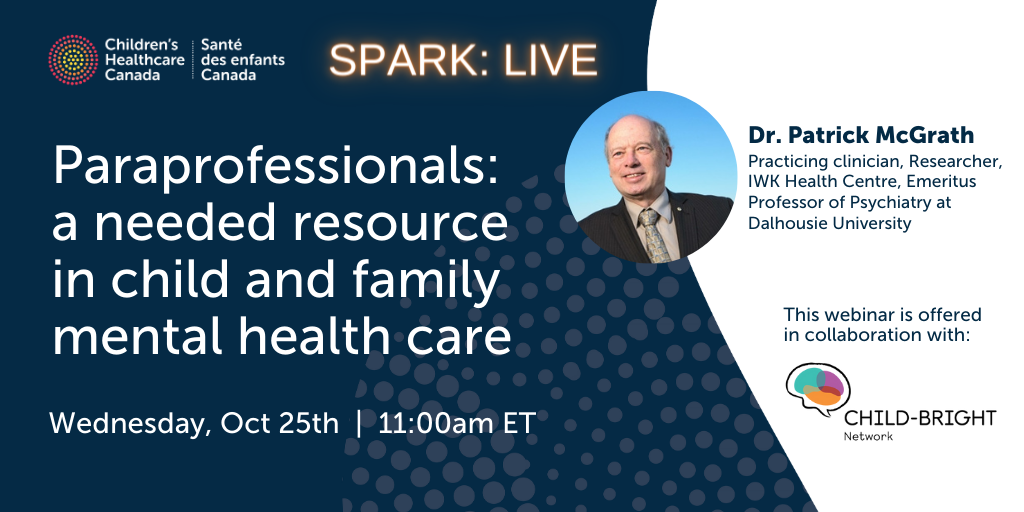
Paraprofessionals: a needed resource in child and family mental health care
This event is now over but if you missed it, a recording is available below.
Social factors have increased the need for mental health care. We know that well-designed evidence-based programs have been developed. The disparity between need and fulfillment of this need has never been greater. We have challenged three major barriers. The first barrier is well known while the other two are “dirty little secrets”:
There is a shortage of health professionals to deliver care.
Many health care professionals do not deliver evidence-based care.
Efficiency and diversity in care delivery are not priorities.
We will discuss how well-trained paraprofessionals or coaches embedded in a well-monitored system of care represent one solution, and the challenges to implementing this solution.
Learning Objectives
Following this webinar, participants will be able to:
Understand the reasons why current mental health services will not meet the need for service.
Understand that paraprofessionals are one way to make a difference.
Understand the barriers to change.
Speaker
Patrick McGrath, Practicing clinician, Researcher, IWK Health Centre, Emeritus Professor of Psychiatry at Dalhousie University
Patrick McGrath, OC, PhD, FRSC, FCAHS is a practicing clinical psychologist, a researcher at IWK Health Centre and an Emeritus Professor of Psychiatry at Dalhousie University. He co-founded the Strongest Families Institute and is Chair of the Board. His research, mentorship, and health care leadership have been recognized by appointment to the Order of Canada and election to the Royal Society of Canada and the Canadian Academy of Health Sciences. He won the Manning and Governor General Awards for Innovation and the inaugural Legacy of Leadership Award from HealthCareCan. At CHILD-BRIGHT, he is the co-Principal Investigator of the Strongest Families Neurodevelopmental Program research project. His extensive career has included being a clinician, a researcher, an administrator, and a social entrepreneur/disruptor. He has failed many times and succeeded a few times.

Co-design and Launch of the New Child Development and Rehabilitation InfoSource Website
THIS EVENT HAS PASSED. IF YOU MISSED IT, YOU CAN WATCH THE RECORDING BELOW.
In this session, the presenters will introduce the new Child Development and Rehabilitation InfoSource (CDRInfoSource) website and describe the development and evaluation of the platform. The CDRInfoSource was created by the Sunny Hill/BC Children’s Hospital Evidence Centre in partnership with the BC Children’s Hospital Digital Lab and co-designed with intended users to support knowledge translation and informed decision-making by clients, families/caregivers, clinicians, and others working with children and youth with neurodiversity and/or disability in British Columbia.
Learning Objectives
Increase awareness of a new resource website for clinicians who work with children and youth with neurodiversity and/or disability.
Describe the benefits of co-designing resources such as websites as an extension of services and supports with intended users.
Presenters
Kimberly Miller is Senior Leader, Clinical Education and Special Projects in Learning and Development and Evidence Centre Manager at BC Children’s Hospital and BC Women’s Hospital and Health Centre. As an implementation scientist embedded in the healthcare system, she supports and advances practice-based research and evidence-informed knowledge translation. She has worked as a physiotherapist, academic educator, and clinical researcher in Canada and Australia.
Debbie Field is an occupational therapist specializing in the use of assistive technologies that enable children and youth to participate more fully in daily life. She has worked in Canada, the US, and Australia. She is a Clinical Associate Professor in the Department of Occupational Science and Occupational Therapy at the University of British Columbia. She is also team lead on the CDR Redevelopment Project.

2023 CHILD-BRIGHT Conference
After many years of virtual activities, we are happy to share that our 2023 CHILD-BRIGHT Conference will be held from June 8 to 9, 2023 in Toronto, with an additional day for select committees to gather on June 10.

Parent-partners as investigators on a CHILD-BRIGHT research project
When: Wednesday, May 24, 2023
Time: 11:00 a.m-12:00 p.m. ET / 10:00-11:00 a.m. CT / 8:00-9:00 a.m. PT
This event is now over but if you missed it, a recording is available below.
Learn about patient-oriented research (POR) at the CHILD-BRIGHT Network! CHILD-BRIGHT is an innovative pan-Canadian network that aims to improve life outcomes for children with brain-based developmental disabilities and their families. This webinar will provide an overview of an example of the way the parent-researcher partnership can evolve in a POR network. In this webinar presenters will discuss the collaborative process between parent-partners as co-investigators and researchers on a CHILD-BRIGHT research project.
Learning Objectives
Learn about the process of parent-partners engaging as co-investigators in a childhood disability research project.
Determine the key ingredients to engagement of patient-partners as investigators in childhood disability research
Appreciate a researcher’s perspective in collaborating with a parent-partner investigator on a childhood disability research project.
Speakers
Carrie Costello is a parent of three wonderful children aged 15, 11 and 8 years old. Her middle daughter, Alej, has a profound intellectual disability and a seizure disorder. Her family has spent a lot of time navigating the child health and disability world; she brings that experience to her work with parents and families in research. Carrie works as the parent liaison at the CHILD-BRIGHT Network and supports parents and researchers involved in 12 pan-Canadian multi-year research projects. Carrie is also the patient engagement coordinator at the Children's Hospital Research Institute of Manitoba and works to include parents, caregivers and patients as part of the research team. She has also been a partner, collaborator, co-investigator and co-primary investigator on over 10 different research projects.
Annette Majnemer is a Professor at the School of Physical & Occupational Therapy at McGill University, and a Senior Scientist at the Research Institute of the McGill University Health Centre. She is a Fellow of the Canadian Academy of Health Sciences and co-Editor of Physical & Occupational Therapy in Pediatrics. Annette Majnemer’s research interests focus primarily on early identification of children at high risk for disability and the intrinsic and extrinsic factors that influence outcomes in children and youth with developmental disabilities. She is also studying knowledge translation strategies that promote best practice for children with developmental challenges. She currently leads the CHILD-BRIGHT Network, a pan-Canadian patient-oriented research network (SPOR) focused on children with brain-based developmental disabilities.

2022 CHILD-BRIGHT Virtual Symposium
This event is now over but if you missed it, a recording is available below.
The CHILD-BRIGHT Network wishes to celebrate its past accomplishments in Phase 1 as we prepare for an exciting and challenging Phase 2! For this, we will be hosting the 2022 CHILD-BRIGHT Virtual Symposium on December 9, 2022 (9 a.m. to 1:30 p.m. PST / 12:00 to 4:30 p.m. EST).
This year’s virtual symposium will feature short presentations of CHILD-BRIGHT’s research projects, invited plenary speakers that explore how we can translate and implement research findings to impact the lives of patients and families, as well as a poster session providing updates on exciting recent work.
Schedule overview
Noon EST: Introduction and welcome by Annette Majnemer
12:15 EST: Plenary session by Christine Chambers followed by Q&A
12:50 EST: Break
13:00 EST: Updates from CHILD-BRIGHT’s 13 project teams and Q&As
14:15 EST: Networking breakout
14:45 EST: Plenary session by Noah Ivers followed by Q&A
15:20 EST: Break
15:30 EST: Poster session breakout rooms
16:30 EST: End of event



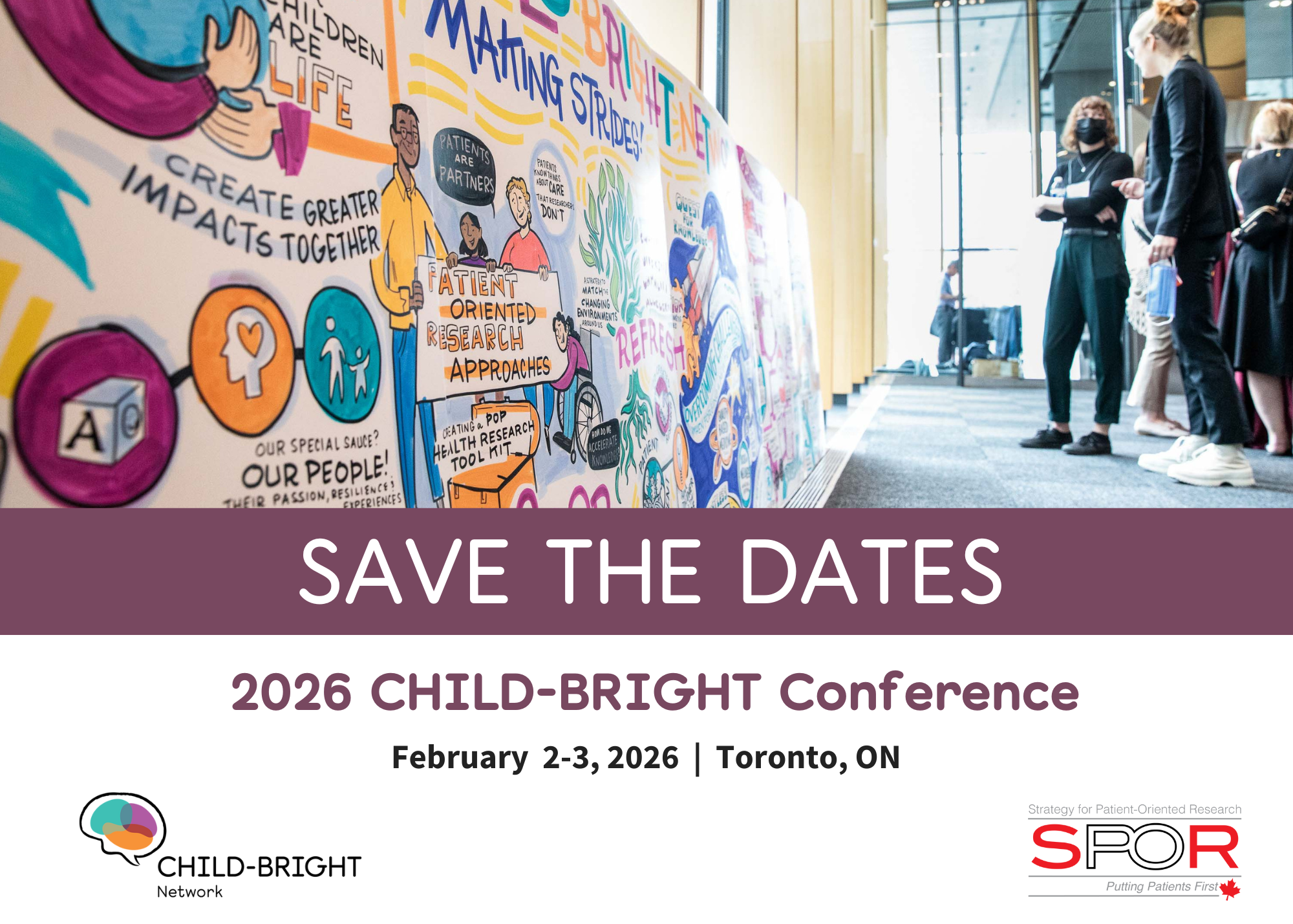

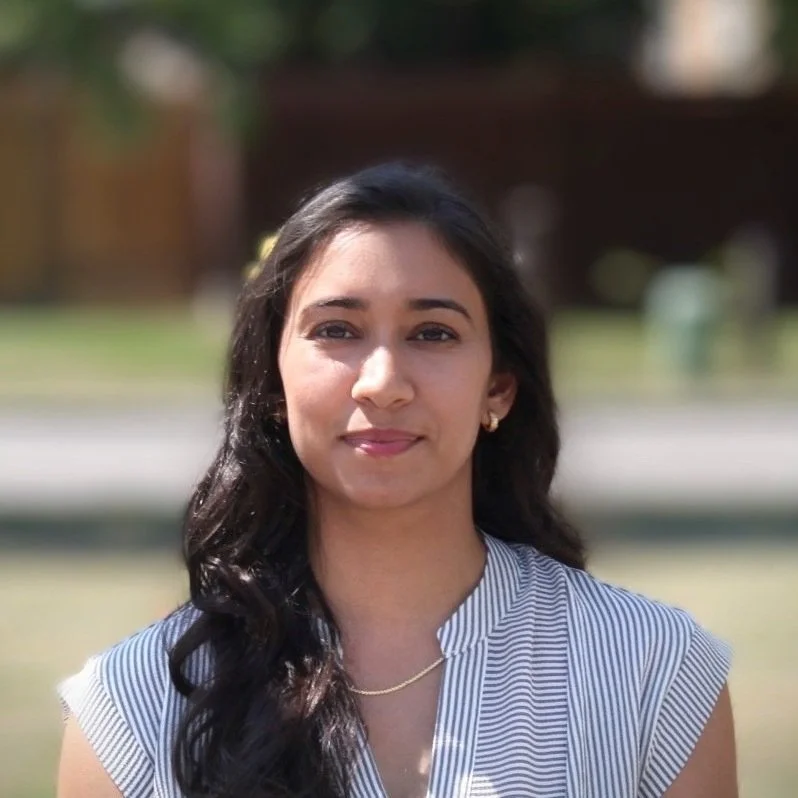

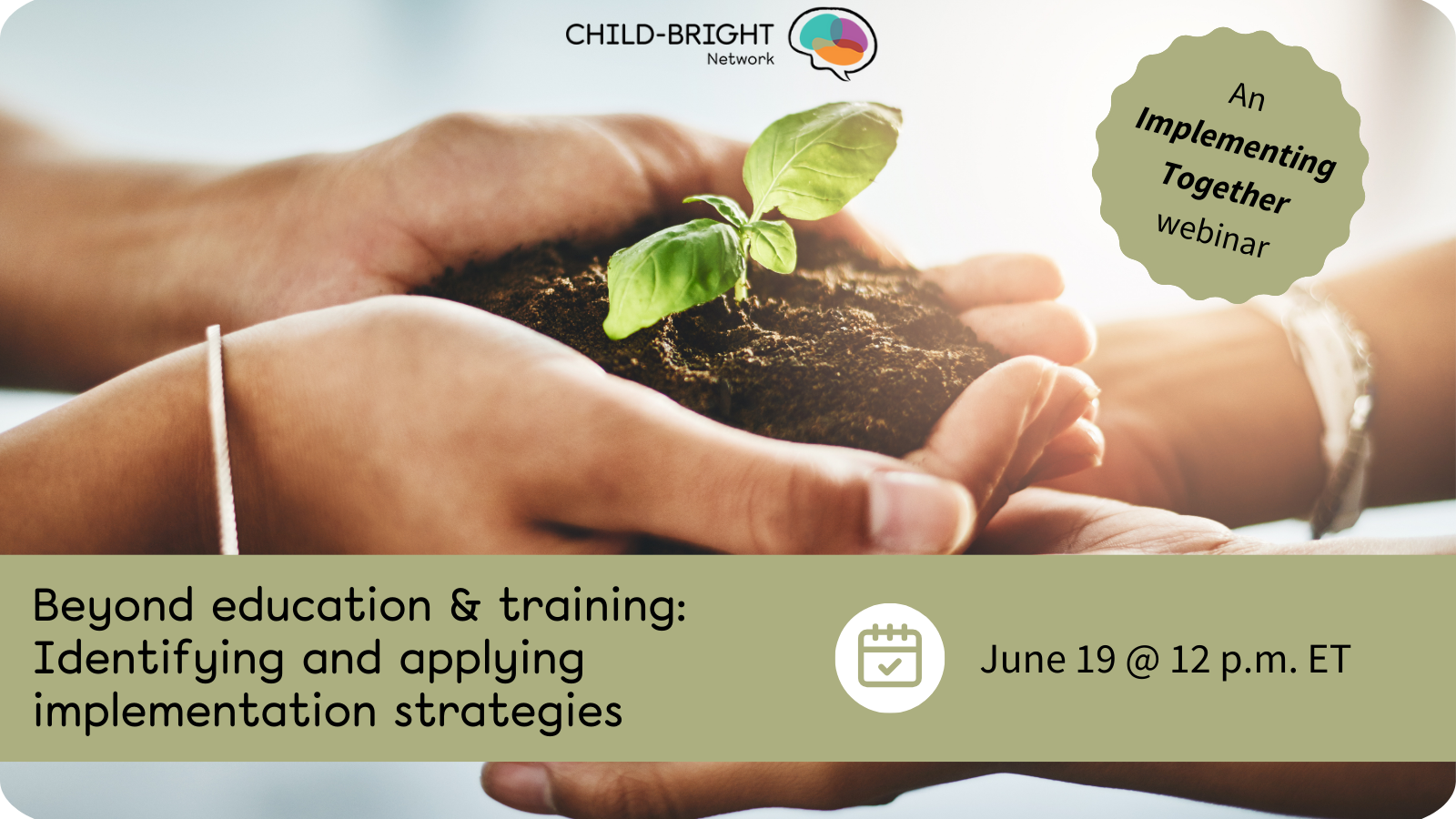


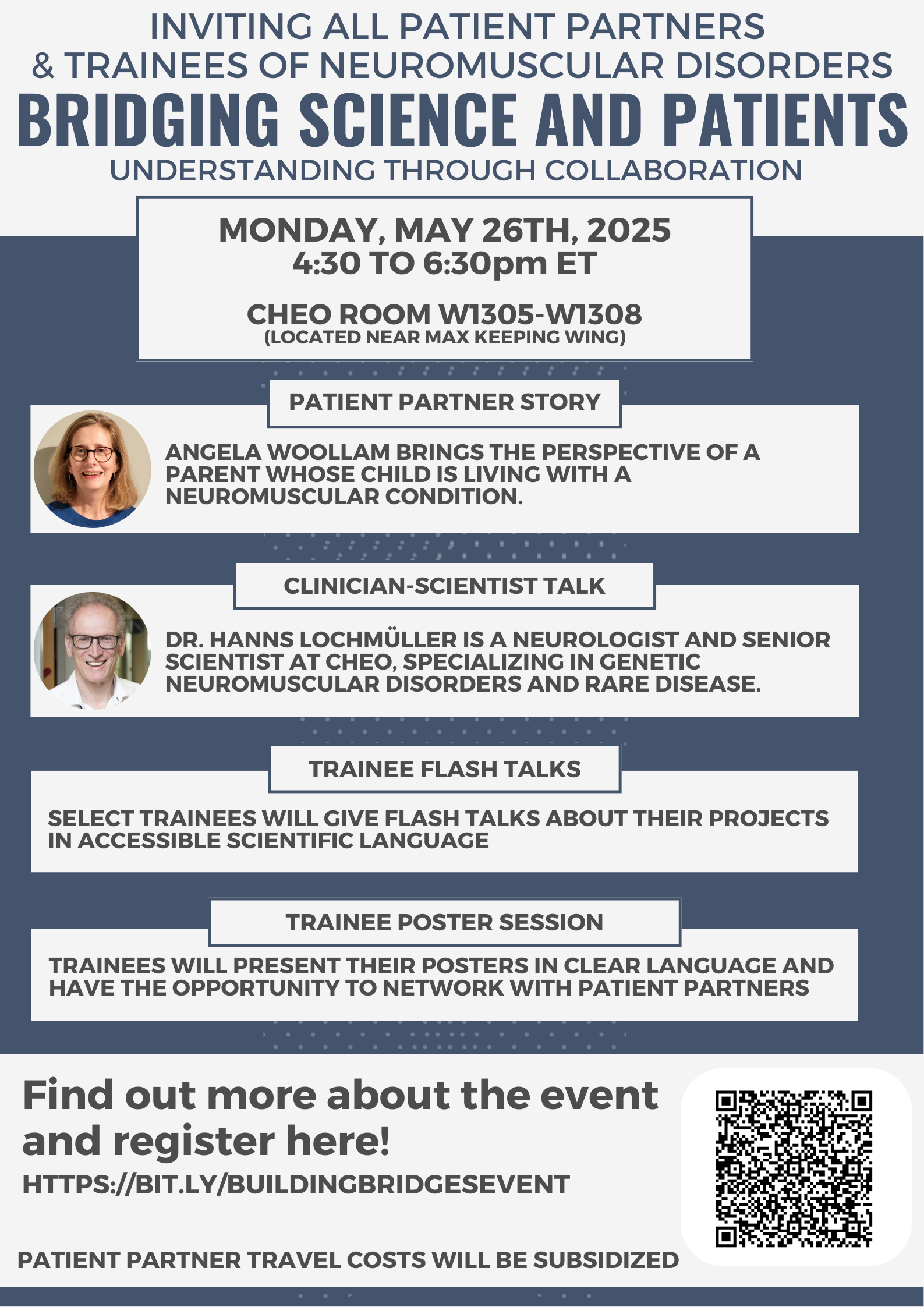
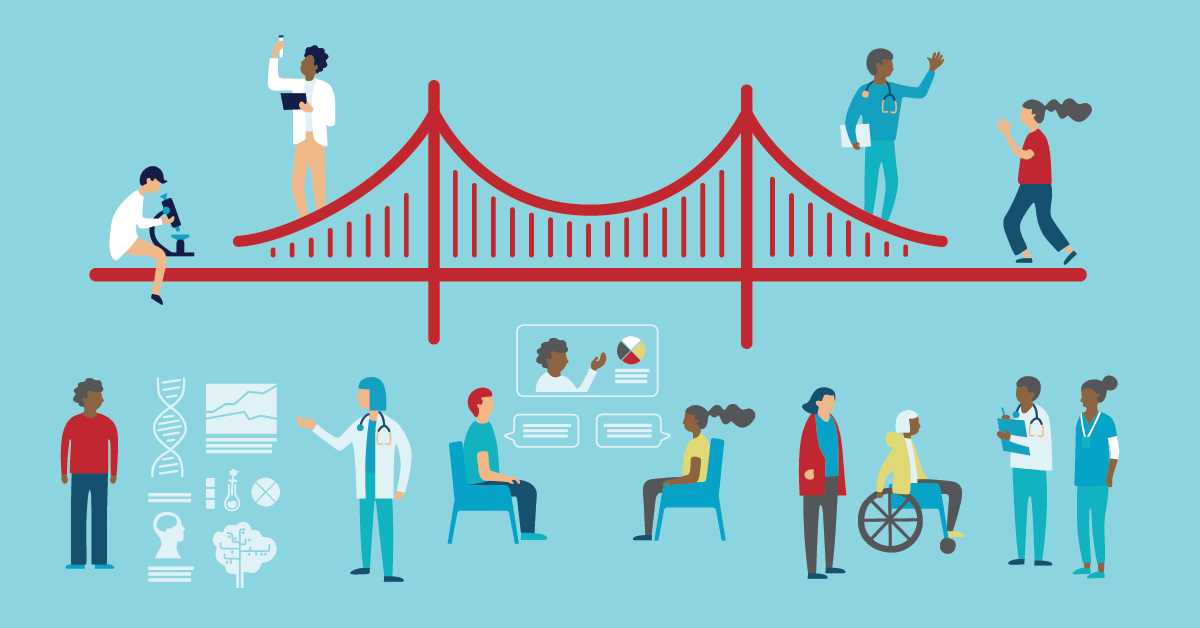


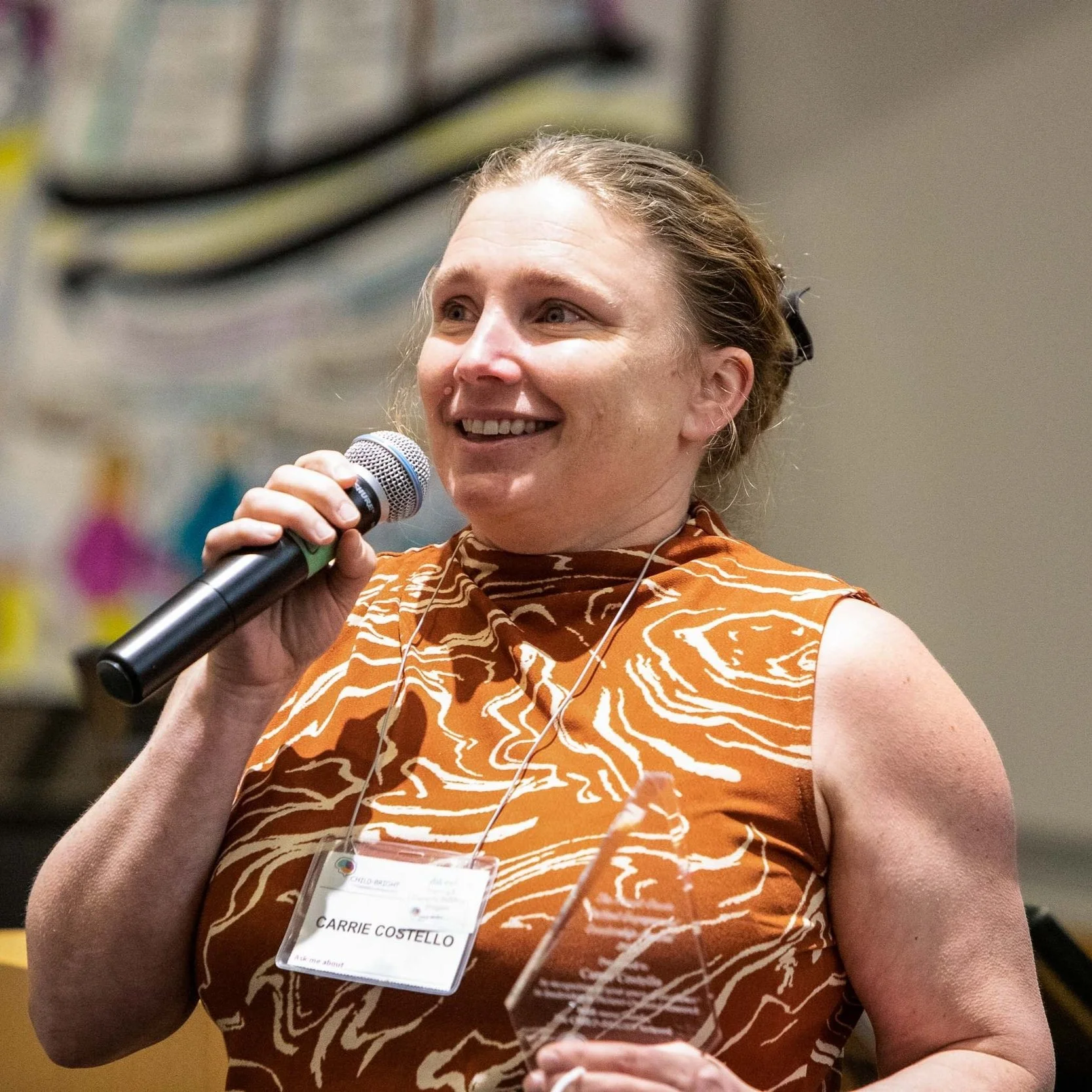




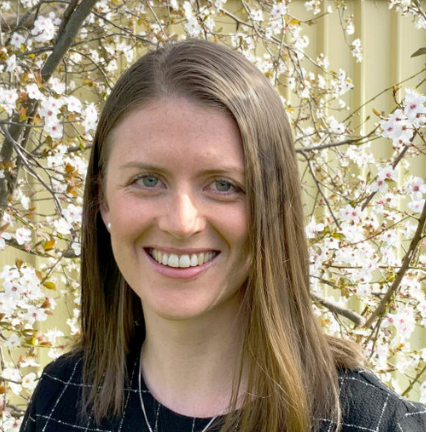







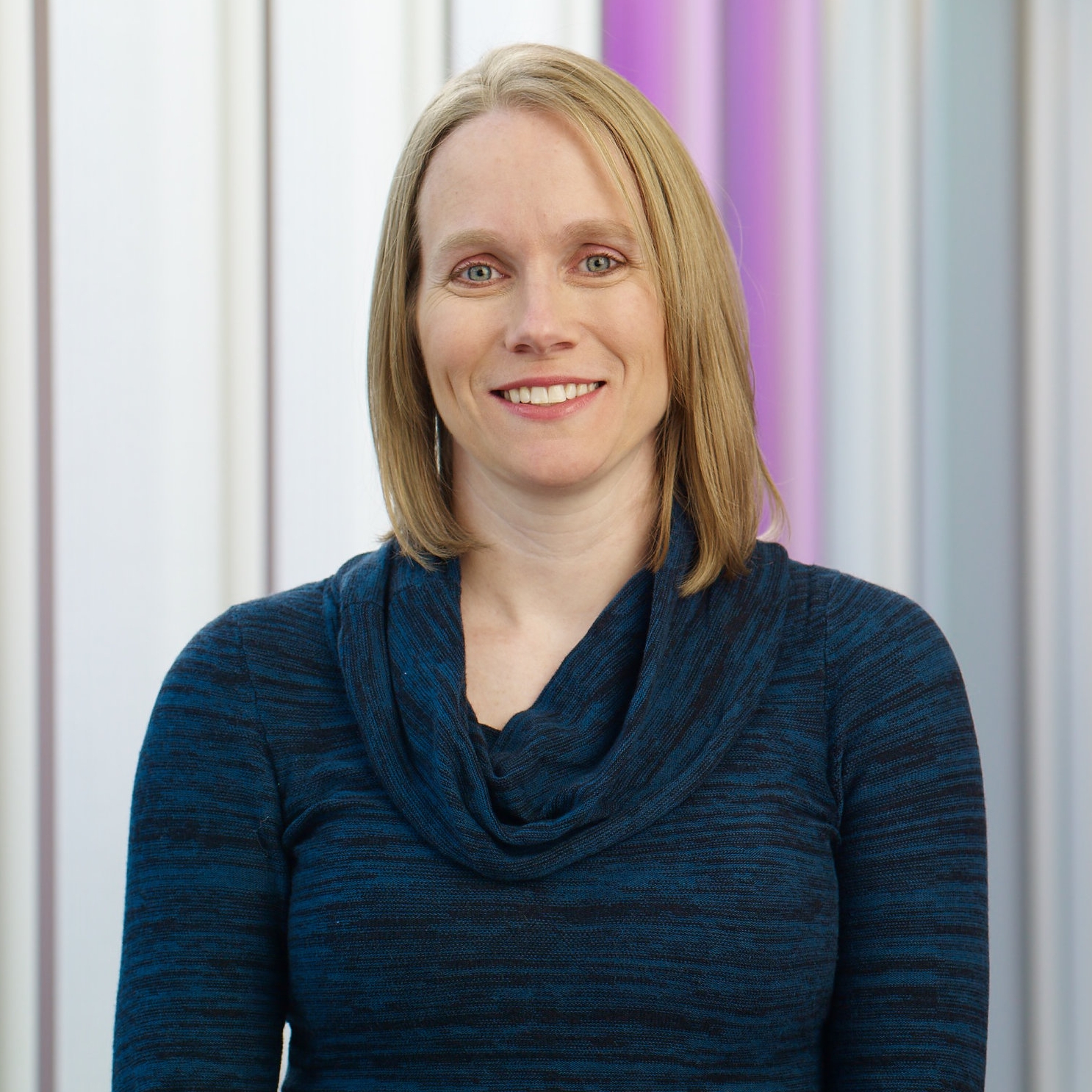









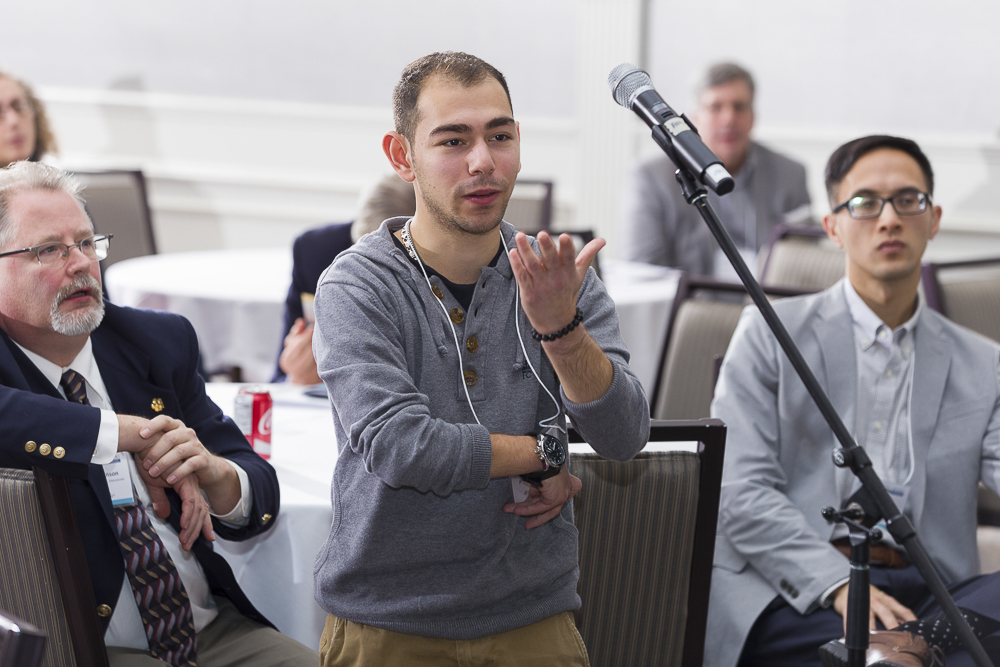

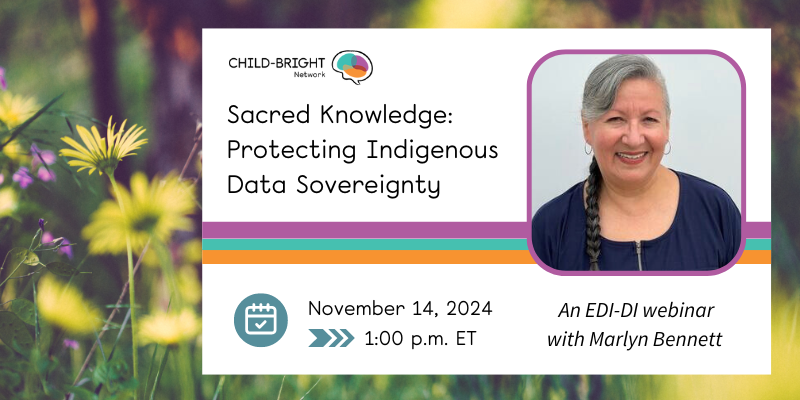
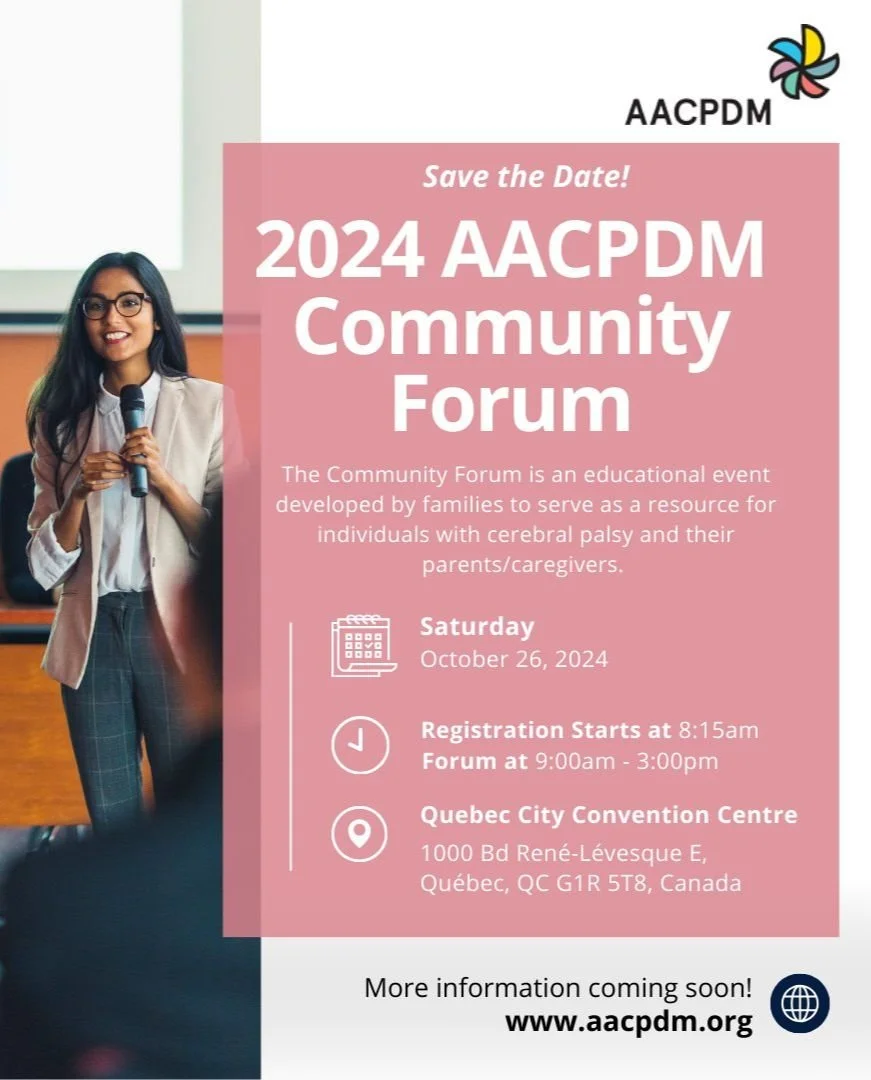

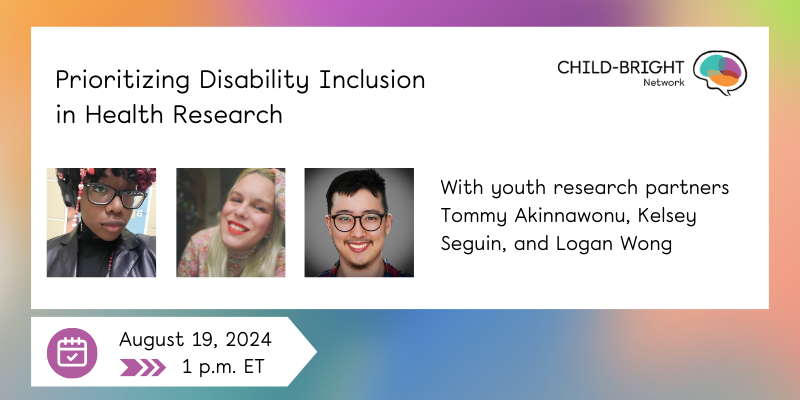


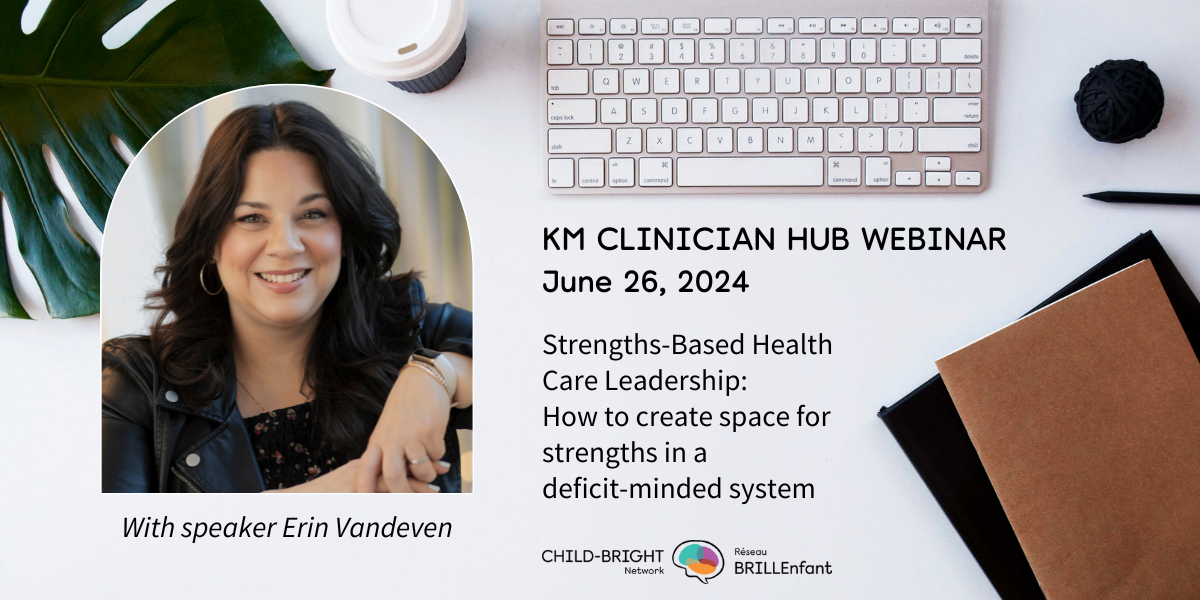
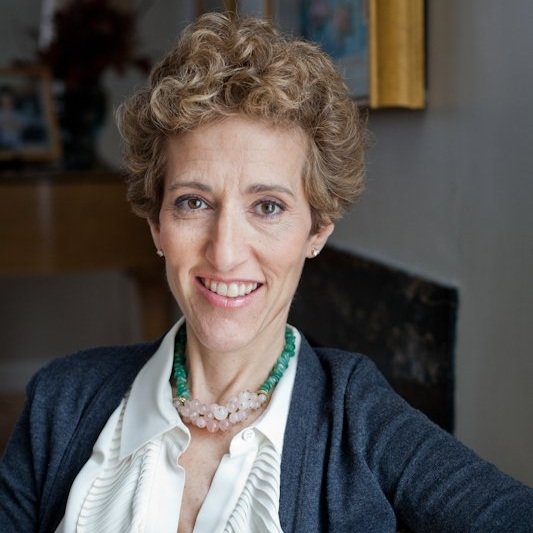
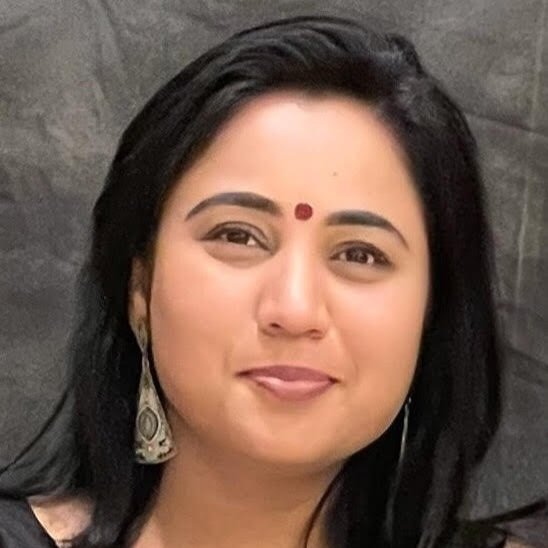
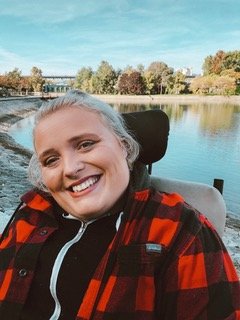
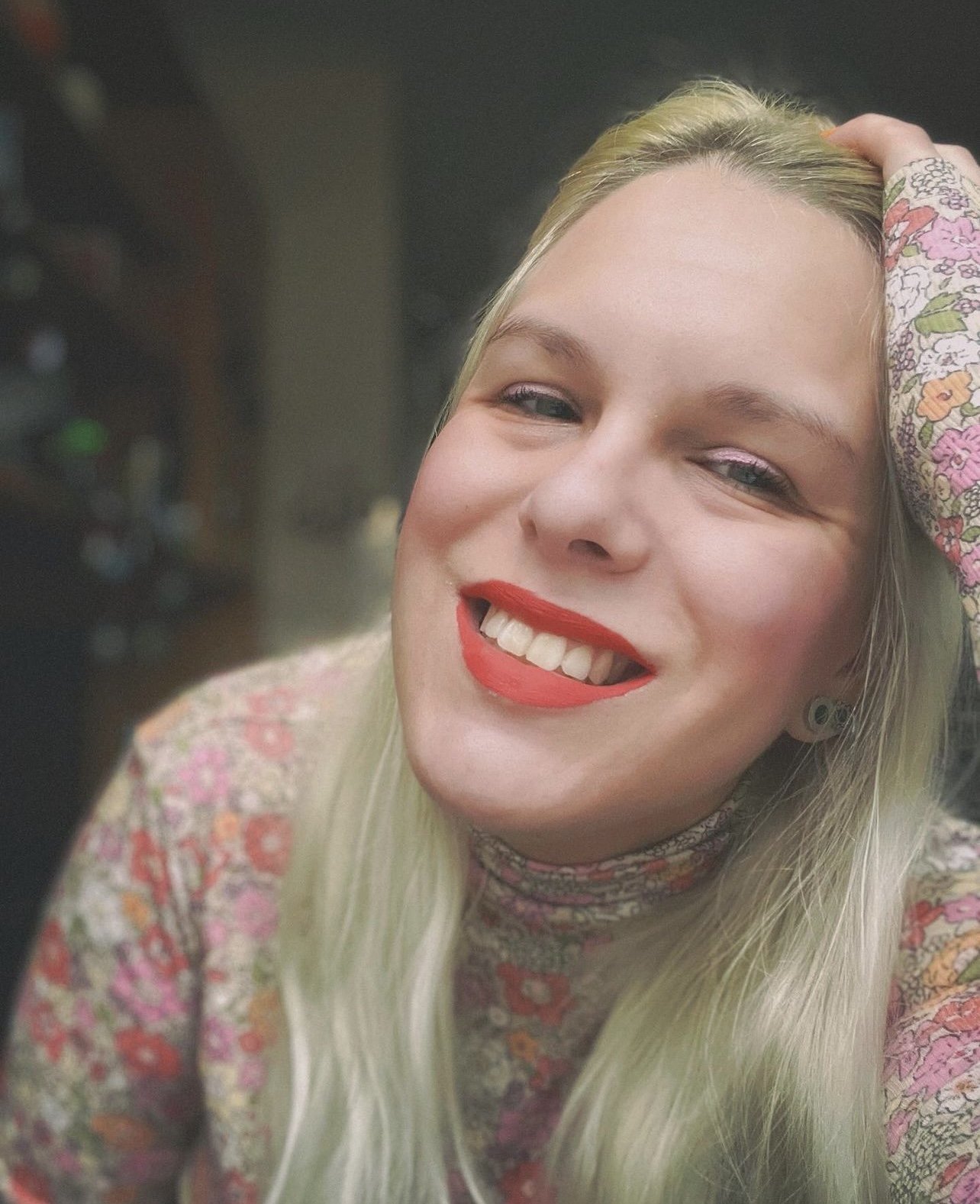

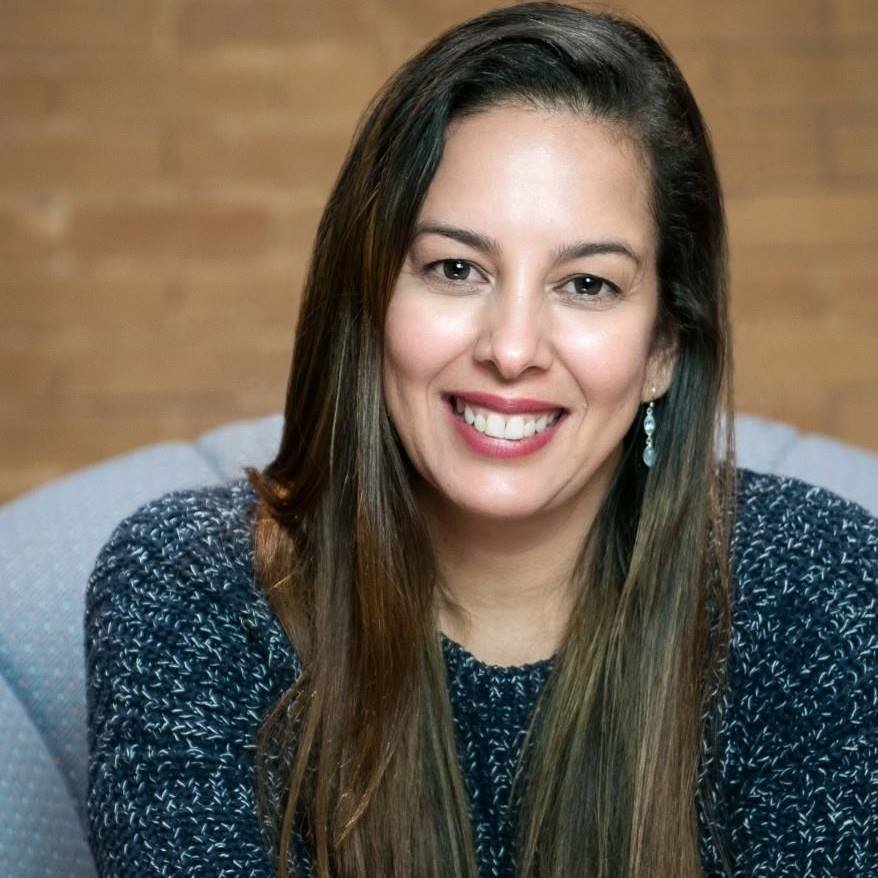

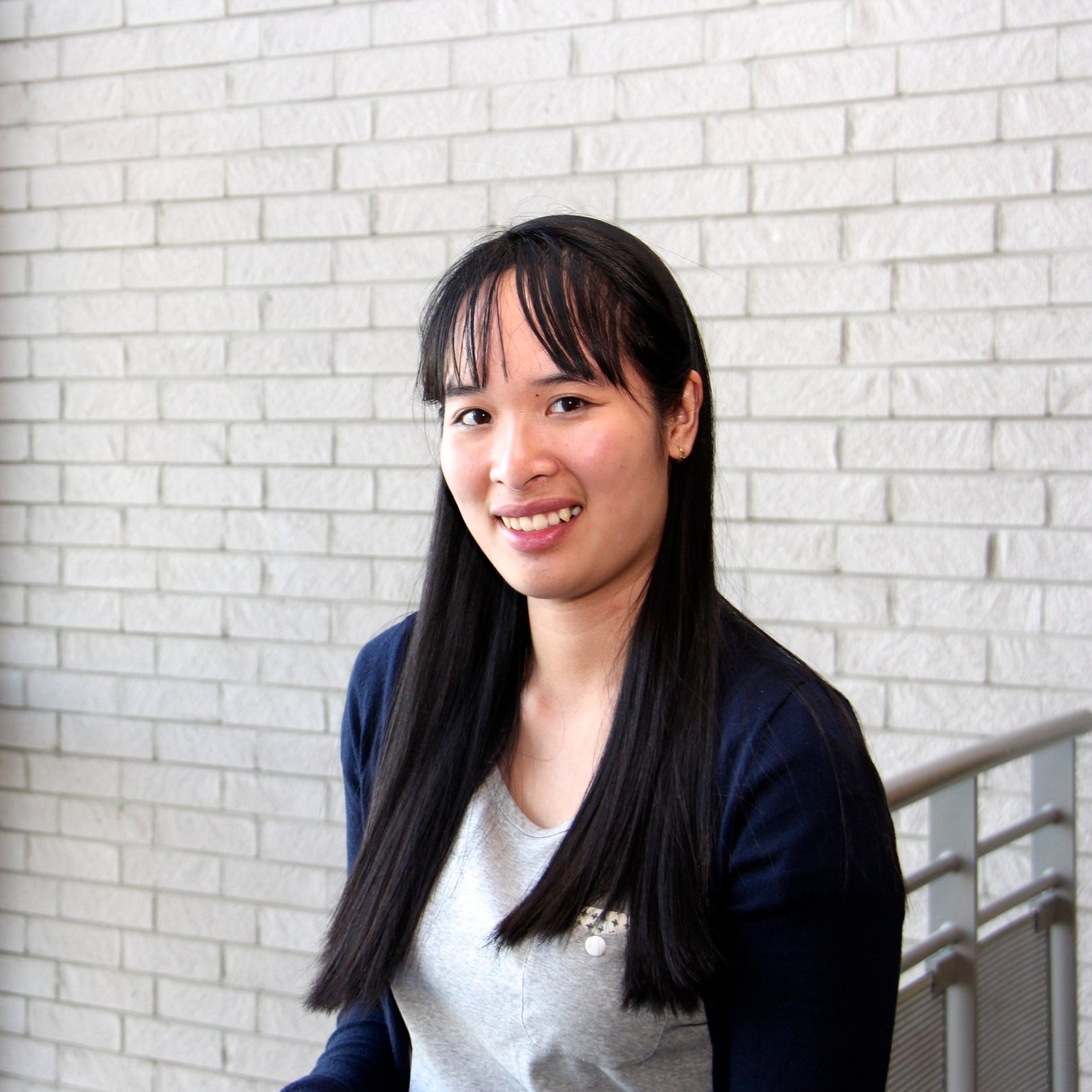


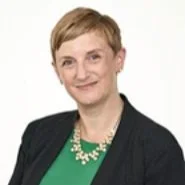
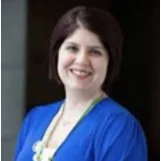




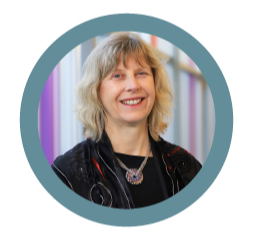
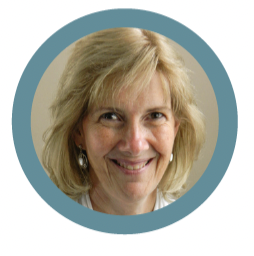



Michelle Wan
CHILD-BRIGHT parent research partner | Solutions for Kids in Pain research partner
Join me on Twitter